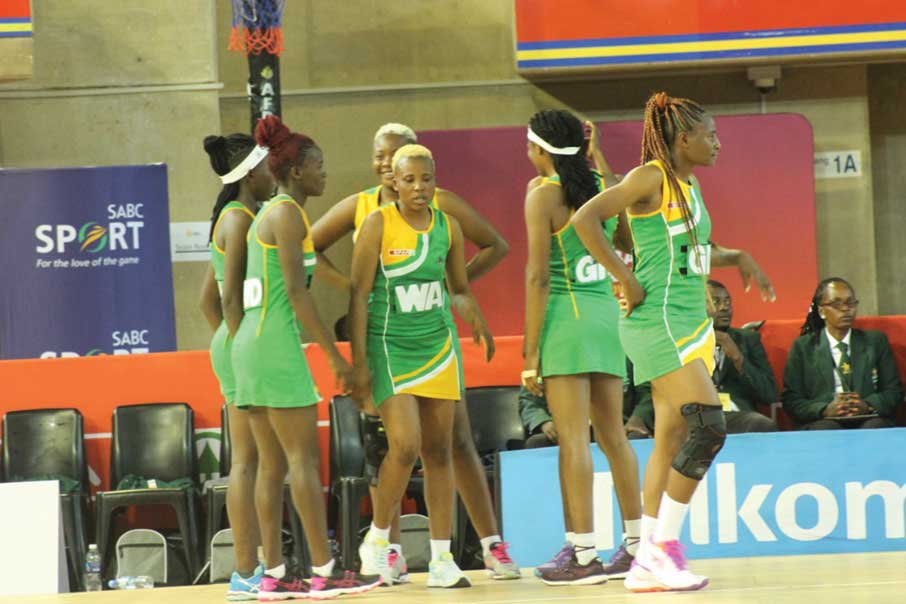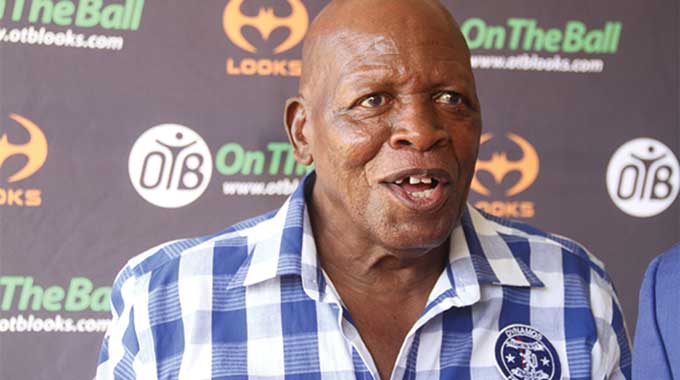
BY MICHAEL KARIATI
THE sad riches to rags story of Zimbabwe’s Tendai Ndoro is a familiar tale in football which was made popular by Ivory Coast’s Emmanuel Eboue, who made millions but now has nothing to show for all the sweat from the football field.
Just like Eboue, Ndoro is now reportedly wallowing in poverty after all he worked for in Saudi Arabia and South Africa was allegedly taken away by the woman he married in South Africa.
Ndoro and Eboue’s stories are saddening, but the two cannot blame anyone but themselves for having not invested at home when they had the time and the money to do so.
Yes, Eboue and Ndoro are pointing fingers at their messy divorces as for their present this sad situation, but the question is: Why didn’t they invest back at home in the first place as Sadio Mane is doing in Senegal?
Whether married to a South African or not, Ndoro could have been enjoying life back at home had he done the right thing of investing back at home as home is always best.
Ndoro, however, is not alone in this situation as there are also men in Zimbabwe who went abroad, made money, but did not invest their football earnings back home and are now languishing in poverty.
Some of them are now a sorry sight on the streets of Zimbabwe having earned quite substantial amounts — for that matter in foreign currency — while turning out for clubs in South Africa, Asia, and Europe.
- Chamisa under fire over US$120K donation
- Mavhunga puts DeMbare into Chibuku quarterfinals
- Pension funds bet on Cabora Bassa oilfields
- Councils defy govt fire tender directive
Keep Reading
It is not so long ago that friends and the football family had to make contributions to enable the body of former Warriors captain Francis Shonhayi to be brought back to Zimbabwe for burial after he passed on in South Africa where he turned out for Cape Town Spurs.
Former Warriors defender Zvenyika Makonese was at one time said to have become a bus conductor after allegedly squandering all his earnings in a lavish nightclub lifestyle in South Africa where he starred for Orlando Pirates.
Gilbert Mushangazhike, who played in South Africa and China, could have been living in the lap of luxury instead of jostling for a coaching job at small Zimbabwean football teams, had he been careful with his earnings.
Fine, living large in foreign lands is not bad, but our footballers scattered all over the world should know that one day their playing days will come to an end and so will their earnings.
It does not make sense for a player like Khama Billiat to one day be seen moving around in top-of-the-range cars in a foreign country when back home one does not have a place of his own to stay or a residential stand to build a house in future.
Our players should also think deeply about their marriages and see whether getting a wife in a foreign land is better than the one you have known since childhood as the stories of Eboue and Ndoro testify.
The lesson is that football has a short span and the idea is to invest back home while time still allows like what a few have done after stints abroad.
For example, Norman Mapeza has a house in the leafy suburb of Glen Lorne and another in Msasa Park and can afford to live without a job by leasing his Glen Lorne home while at the same time residing in Msasa Park without paying rentals.
Former Manchester City striker Benjani Mwaruwari has properties in Switzerland, France, South Africa, as well as in Bulawayo and is enjoying his life after football in England and South Africa.
The same goes for Edward Sadomba, who has invested heavily in properties and land in Harare and other towns while he also boasts of business interests in Sudan and Mozambique.
Supersport United coach Kaitano Tembo also has properties scattered all over Harare and makes regular visits to check whether they are being well managed.
With all the money they are making in Europe, the Mapeza, Tembo, Mwaruwari, and Sadomba route should be the road that the likes of Marvelous Nakamba, Tino Kadewere, Khama Billiat, Knowledge Musona, Nyasha Mushekwi and a host others in South Africa should follow.
A player earning as much as 65 000 pounds a week in the case of Nakamba, or US$85 000 a month for Musona, US$66 000 a month in the case of Kadewere or US$44 000 in the case of Billiat should surely be able to live comfortably back home when they eventually retire.
It would be saddening to one day see some of these players roaming the streets with satchels strapped on their backs, and nothing to show for their long stints abroad.
Mushekwi has already made it clear that his dream is to one day own his own football team in the local Premiership and those are the dreams that great footballers should have.
Surely, Zimbabwean footballers are earning their share of big monies both in South Africa and Europe, and it is up to them to make the best out of those earnings for a better life after football.
Investing in property back at home is the best route one should take.
- For your views, comments and suggestions, email [email protected] or WhatsApp on 0773 266 779.










